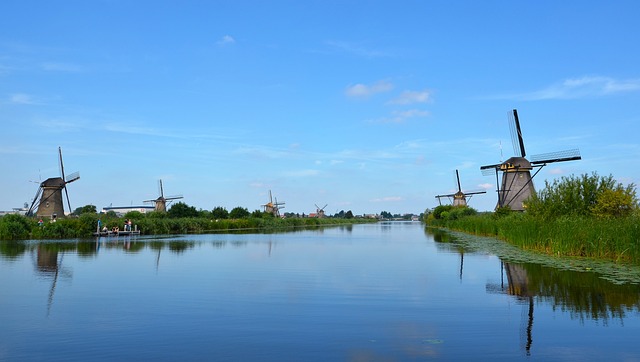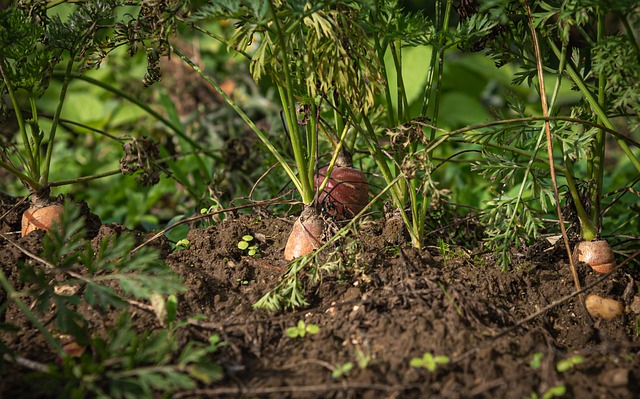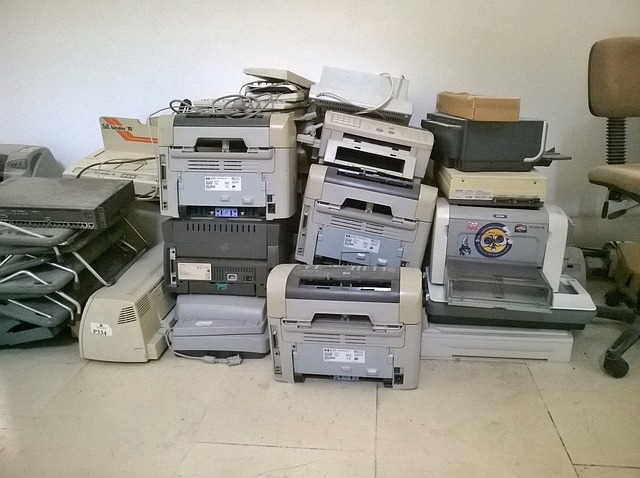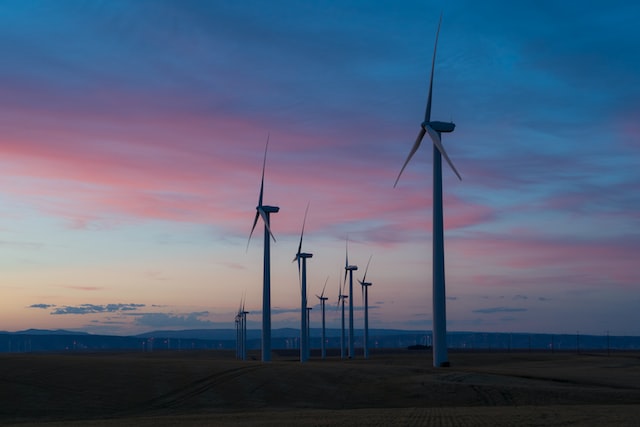
When it comes to sustainable agriculture, there is no one-size-fits-all approach. Every farm and every farmer has unique needs and goals. But despite the challenges, more and more farmers are finding ways to produce food in a way that is environmentally responsible and economically viable.
In this article, we’ll take a look at the state of sustainable agriculture around the world. We’ll explore the challenges and successes of farmers who are working to create a more sustainable future for us all.
What is Sustainable Agriculture?
Sustainable agriculture is an approach to food production that seeks to minimize the environmental impact of farming while still meeting the needs of farmers and consumers. Sustainable agriculture includes a variety of practices, such as using more environmentally friendly fertilizers and pesticides, conserving water, and reducing soil erosion.
Sustainable agriculture is not a new concept. Farmers have been using sustainable practices for centuries. But in recent years, there has been a renewed interest in sustainable agriculture as the world confronts the challenges of climate change and dwindling resources. Sustainable agriculture is the rejection of industrial food production (also known as factory farming). It integrates three key concepts: environmental health, financial viability, and social and economic justice.
The Benefits of Sustainable Agriculture
There are many reasons to pursue sustainable agriculture. For farmers, sustainable practices can save money on inputs like water and fertilizer. They can also reduce the need for expensive machinery and labor. And sustainable farms tend to be more resilient to extreme weather events, like droughts and floods. This guide from Sustainable Agriculture Research and Education (SARE) on climate resistance in agriculture provides an overview.
But the benefits of sustainable agriculture extend beyond the farm gate. Sustainable agriculture can help to preserve our natural resources, like water and soil. It can also help to mitigate climate change by reducing greenhouse gas emissions. And by supporting local farmers, sustainable agriculture can help to boost the economy and create jobs in rural communities.
The Challenges of Sustainable Agriculture
Despite the many benefits of sustainable agriculture, there are also challenges. One of the biggest challenges is that sustainable practices can often be more labor-intensive and time-consuming than traditional methods. This can make sustainable agriculture less profitable for farmers, who are already operating on slim margins.
Another challenge is that sustainable agriculture often relies on small-scale farmers, who can be more vulnerable to the vagaries of the weather and the marketplace. They may also lack the resources and knowledge needed to implement sustainable practices.
Finally, sustainable agriculture is often misunderstood or misrepresented by the general public. There is a common misconception that sustainable agriculture is synonymous with organic agriculture. But in reality, sustainable agriculture can encompass a wide range of practices, both organic and non-organic.
What do critics of”organic farming” say? “With regards to sustainable agriculture, the focus is to keep the environmental impact low, reduce costs, increase yields, and increase access to food. Curiously, organic food achieves none of these benchmarks.” Opinions?
— Frank Mitloehner (@GHGGuru) May 10, 2018
What the critics are saying about sustainable agriculture:
Critics of sustainable agriculture argue that the approach is not economically viable. They point to the higher production costs associated with sustainable methods, such as using organic fertilizers and pest controls and the need for more labor-intensive practices such as crop rotation. Supporters counter that these costs are offset by the long-term benefits of sustainability, such as improved soil health and increased water retention.
There is also disagreement about the role of technology in sustainable agriculture. Critics argue that the use of genetically modified crops and other technologies undermines the goal of sustainability. Supporters counter that these technologies can help reduce agriculture’s environmental impact while still meeting the needs of farmers and consumers.

The Future of Sustainable Agriculture
Despite the challenges, sustainable agriculture is on the rise around the world. To satisfy the nutritional demands of a future human population of 9–10 billion people, it is estimated that crop production must rise by 60–100%More and more farmers are seeing the benefits of sustainable practices, and they are beginning to adopt them on their farms. by the year 2050. The demand for sustainable agriculture could be on the rise especially because consumer purchases of plant-based food has increased 60% from 2019 to 2021.
Governments and NGOs are also playing a role in promoting sustainable agriculture. In many countries, sustainable agriculture is being supported through policies and programs that provide financial incentives to farmers. And in some cases, sustainable agriculture is even being mandated by law.
As the world continues to grapple with the challenges of climate change and food security, sustainable agriculture will become increasingly important. It represents a key part of the solution to the problems we face. And with the support of governments, NGOs, and the general public, sustainable agriculture can help to create a more sustainable future for us all. Unfortunately, unless action is taken to shore up global access to food, food supply shortages are coming whether we like it or not.
How is technology helping to shape the future of sustainable agriculture?
Innovative initiatives in sustainable agriculture are becoming more prevalent as the world looks for ways to address climate change and feed a growing population. Here are three of the most promising:
1. Solar-powered irrigation in India
In India, where agriculture is a vital part of the economy, innovators are working on solar-powered irrigation systems that can help farmers reduce their dependence on groundwater. The systems use mirrors to focus sunlight on water pipes, heating the water and allowing it to be pumped with less energy. This not only conserves water but also reduces the carbon footprint of irrigation. Solar irrigation in India is nothing new and has been around since 1993 and has been identified as a key focus in the country thanks to the Jawaharlal Nehru National Solar Mission (JNNSM).
2. Intelligent water management in Spain
In Spain, a team of engineers has developed a system that uses sensors and artificial intelligence to optimize irrigation. The system, called AquaCrop-IRRIGA, collects data on weather, soil type, and plant growth, and then uses that data to calculate the optimal amount of water for each plant. This not only saves water but also reduces the risk of crops being damaged by too much or too little irrigation.
3. Crop rotation in Sweden
In Sweden, farmers are using a centuries-old technique called crop rotation to improve the sustainability of their agriculture. Crop rotation is the practice of growing different crops in different years, which helps to improve soil health and reduce the need for chemical fertilizers. It also has the added benefit of providing a diversity of food for both farmers and consumers. Studies done in Sweden have found that more diverse rotations produce higher yields, based on decades-long research.
These are just a few of the innovative initiatives that are helping to make agriculture more sustainable.
What future trends will there be?
The future of sustainable agriculture lies in technology. By using technology, we can increase efficiency while decreasing our impact on the environment.
Some of the most promising technologies for sustainable agriculture include:
- Drones – The potential scope for how drones can assist in agriculture is huge, coupled with Artificial Intelligence and Machine Learning, it seems like this new tech is just getting started. Drones can be used for a variety of tasks in agriculture, from mapping fields to spraying crops. They are more efficient than traditional methods and can cover more ground in less time.
- Sensor networks – Using sensor networks, farmers can collect data on soil moisture, temperature, and other conditions. This information can help them optimize their irrigation and fertilization practices.
What do critics of”organic farming” say? “With regards to sustainable agriculture, the focus is to keep the environmental impact low, reduce costs, increase yields, and increase access to food. Curiously, organic food achieves none of these benchmarks.” Opinions?
— Frank Mitloehner (@GHGGuru) May 10, 2018
;
- Precision agriculture – Precision agriculture is a type of farming that uses GPS and other technology to manage crops on a small scale. This allows farmers to target their resources more precisely, reducing waste and improving yields.
- Renewable energy – Renewable energy sources like solar and wind power can be used to power agricultural operations. This helps farmers reduce their reliance on fossil fuels and lower their carbon footprint.
- Vertical farming – Vertical farming is a type of agriculture that utilizes vertically stacked layers to grow crops indoors. This method requires less land and water than traditional farming and can be used in areas with limited space or harsh conditions. The world’s largest vertical farm in the United Arab Emirates can produce up to 1,000 tonnes of leafy greens per year.
Adopting these and other technologies, it can make sustainable agriculture more efficient and more effective. This will help us meet the world’s growing demand for sustainable food while preserving our natural resources.
So, what is the future of sustainable agriculture?
The future of sustainable agriculture looks bright. As more and more farmers adopt sustainable practices, the costs associated with those practices will continue to decrease. This will make sustainable agriculture more economically viable for farmers and more accessible to consumers.
In addition, government policies and programs that support sustainable agriculture are likely to become more common. This will provide a financial incentive for farmers to adopt sustainable practices, and it will help to create a more sustainable food system overall.
Finally, the general public is becoming more aware of the importance of sustainability. This increased awareness will lead to more demand for sustainable products, which will in turn drive more investment in sustainable agriculture.



